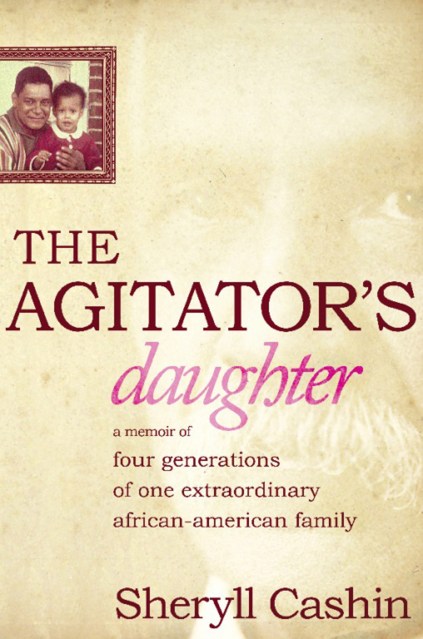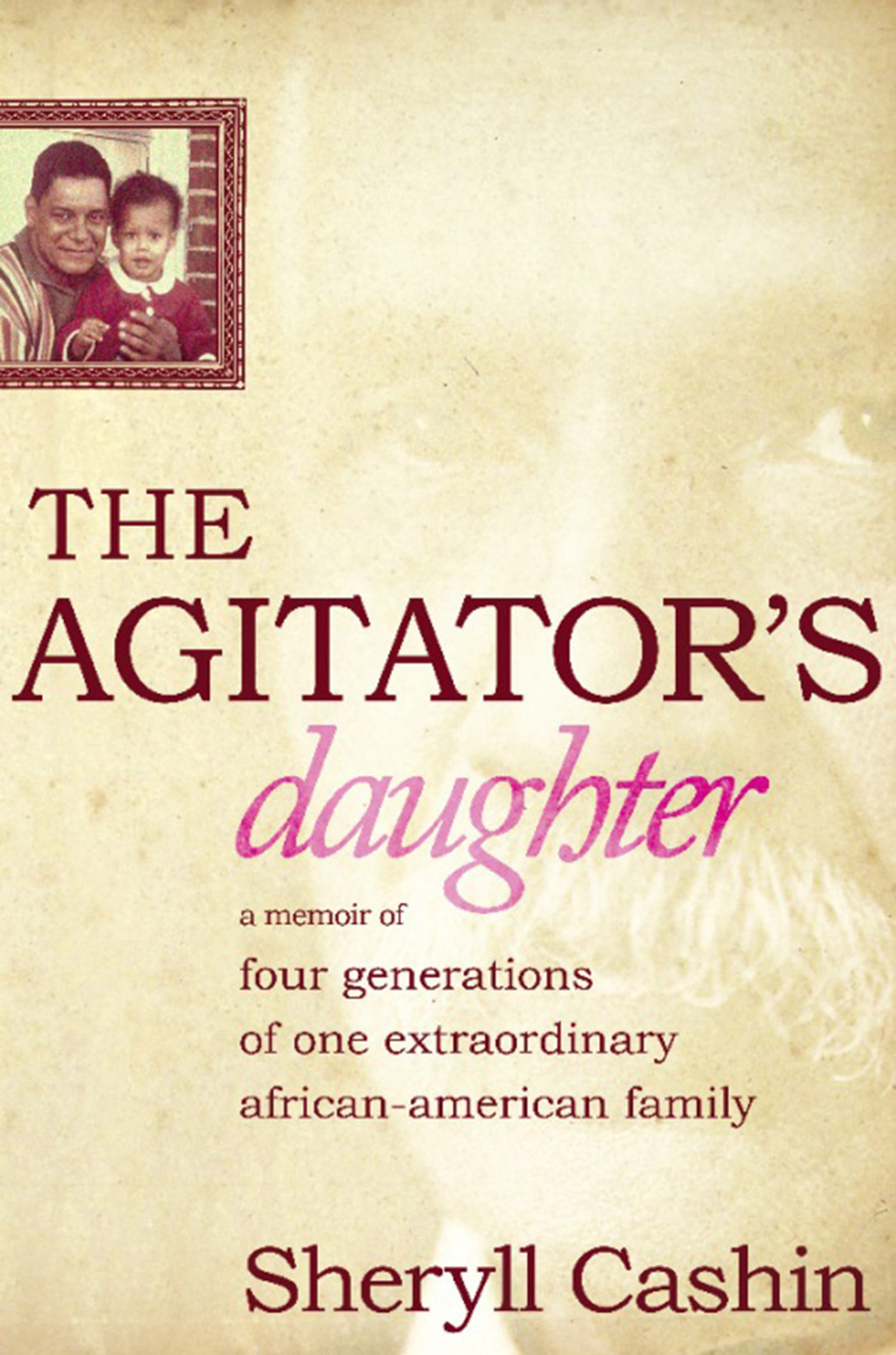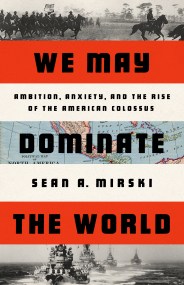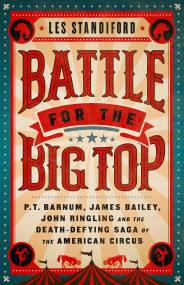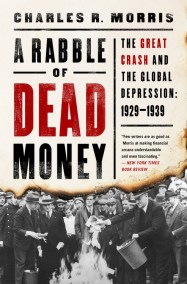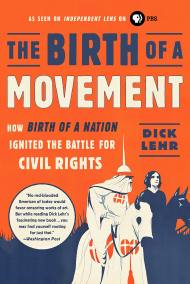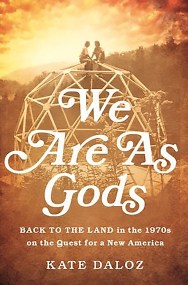By clicking “Accept,” you agree to the use of cookies and similar technologies on your device as set forth in our Cookie Policy and our Privacy Policy. Please note that certain cookies are essential for this website to function properly and do not require user consent to be deployed.
The Agitator’s Daughter
A Memoir of Four Generations of One Extraordinary African-American Family
Contributors
Formats and Prices
- On Sale
- Jul 31, 2008
- Page Count
- 464 pages
- Publisher
- PublicAffairs
- ISBN-13
- 9780786721726
Price
$17.99Price
$21.99 CADFormat
Format:
ebook $17.99 $21.99 CADThis item is a preorder. Your payment method will be charged immediately, and the product is expected to ship on or around July 31, 2008. This date is subject to change due to shipping delays beyond our control.
Buy from Other Retailers:
In following generations of Cashins through the eras of slavery, Reconstruction, Jim Crow, civil rights, and post-civil rights political struggles, Sheryll Cashin conveys how she came to embrace being an agitator’s daughter with humor, honesty, and love.
Newsletter Signup
By clicking ‘Sign Up,’ I acknowledge that I have read and agree to Hachette Book Group’s Privacy Policy and Terms of Use
